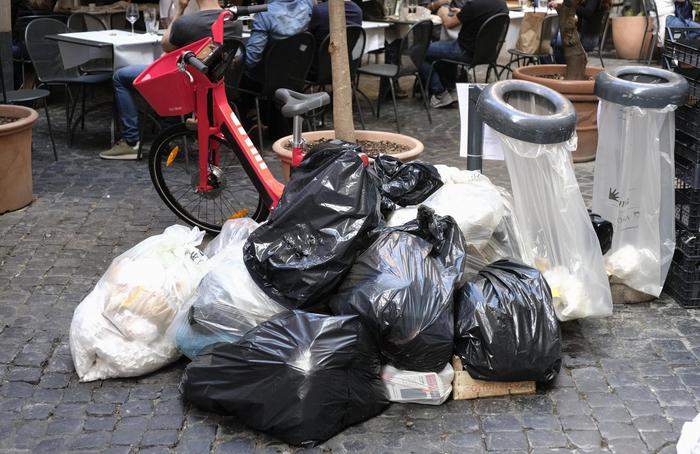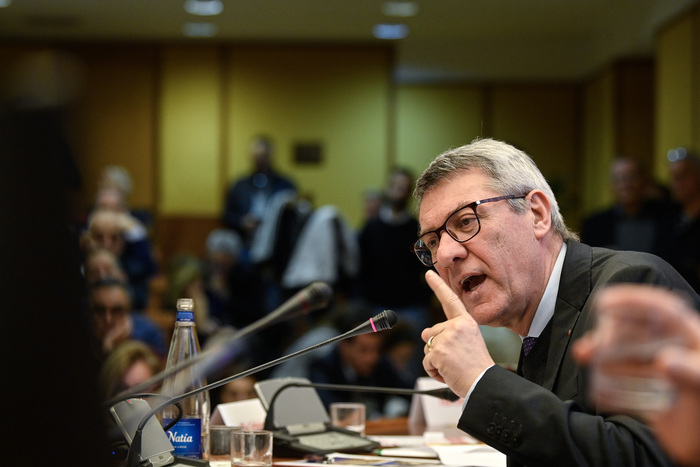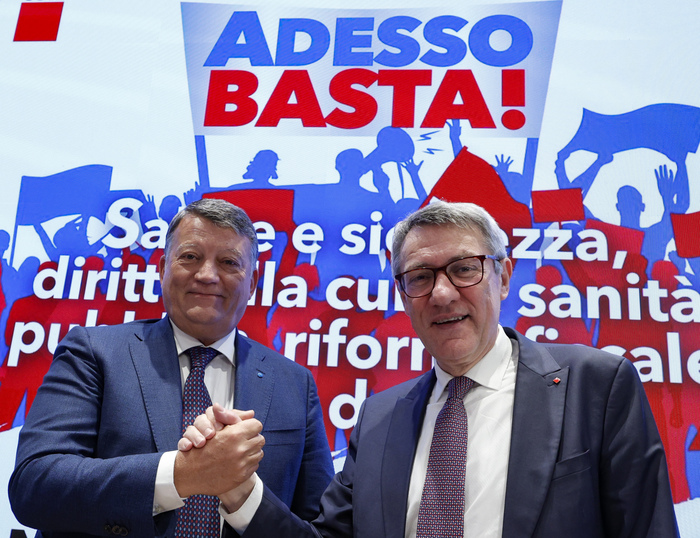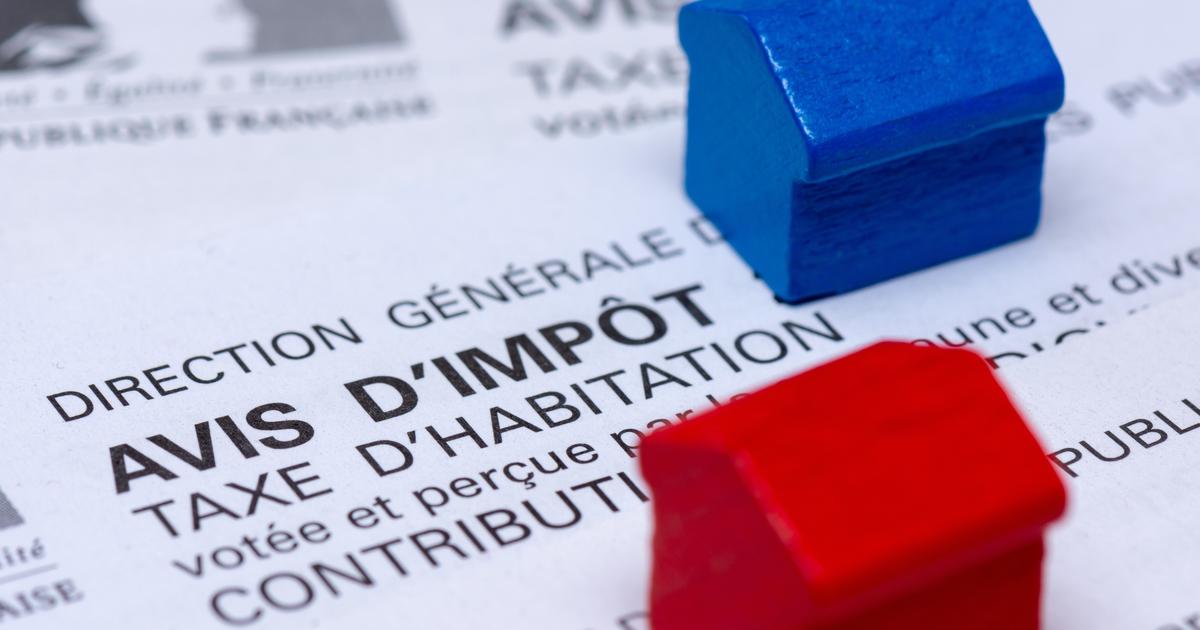In 5 years, between 2016 and 2020, the Waste Tax (TARI) has increased on average by 2.4%, while between 2019 and 2020 the increase is 0.8% even if in some cases there have been recorded surges of up to 35%.
This is what emerges from the study of the Labor Cohesion and Territory Service of the UIL which has elaborated the costs in 105 provincial capital cities.
In absolute values, explains Ivana Veronese - Uil confederal secretary - Italian families will pay, in 2020, in the municipal coffers, an average of 307 euros, compared to 304 in 2019 and 299 in 2016. The sample refers to a family of 4 components and a house of 80 square meters
In 2020, the Tari increased
in 30 cities (3 cities out of 10), including: Rome, Turin, Cagliari, Genoa and Florence.
The city of Livorno should be noted, where the amount of the TARI increases, not as a result of the municipal resolution, but due to the increase in the provincial environmental tax (TEFA) decided by the province of Livorno.
It remains stable in 62 cities including: Bologna, L'Aquila, Naples, Palermo and Reggio Calabria.
Taxes on waste decreased in 13 cities including: Milan, Bari, Venice and Nuoro.
Specifically - comments Tiziana Veronese - between 2019 and 2020, an increase of 35.1% was recorded in Crotone;
in Cremona of 12.6%;
in Ancona by 11.2%;
in Sondrio by 9.8% and in Campobasso by 9.2%. In Chieti, between 2019 and 2020, on the other hand, there was a decrease in the tax of 13.6%;
in Venice by 11.3%;
in Trapani by 10.2% and in Lecco by 9.9%.
In metropolitan cities, on the other hand, the TARI increase in Florence by 6.1%;
in Genoa of 5.7%;
in Messina and Rome by 2.9%;
in Cagliari by 2.6% and in Turin by 0.8%.
While it decreased by 0.6% in Milan, by 6.5% in Bari and by 11.3% in Venice.
Overall, in the year of the pandemic emergency, the vast majority of cities chose to decrease or leave the TARI rates unchanged.
"The data remains - comments Ivana Veronese - which confirms the weight on the household budget, especially in the South, of a tax that often does not correspond to an efficient and effective service".
"In view of what has been said, for UIL it is necessary to aim for an investment policy in the integrated waste cycle, especially in the South, also using the resources of the EU Next Generation.
Finally, concludes the UIL confederal secretary," we ask the Government to intervene on the norm establishing the TARI by solving, once and for all, the problem of unpaid credits that today weigh on the overall cost of the service and, consequently, on the pockets of citizens ".









